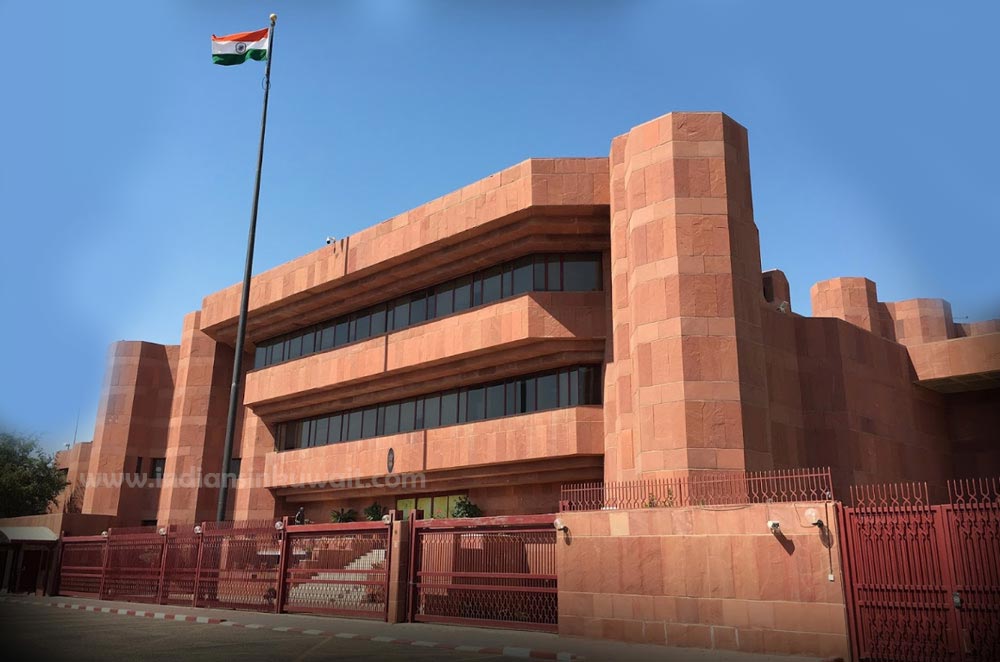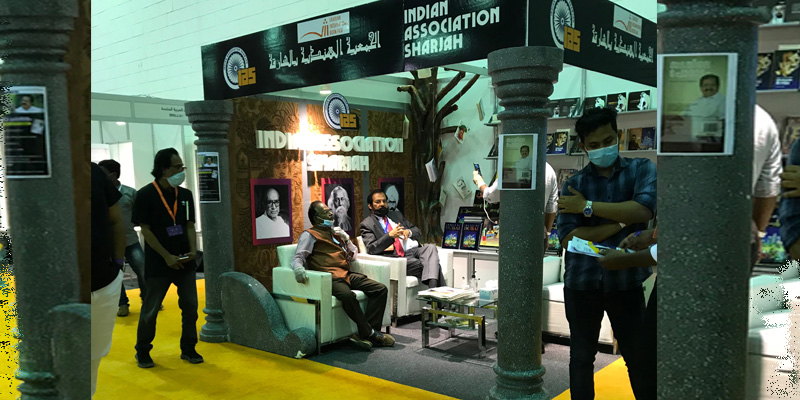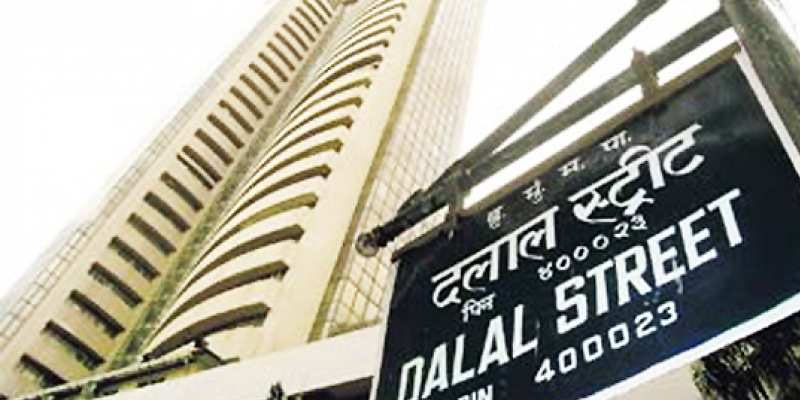K. ARAVIND
Most people prefer to keep valuables like gold jewellery in bank lockers instead of keeping them at home. But how safe are your valuables in bank lockers? Just because they are kept in bank lockers, does it guarantee that they will be returned without any damage or equal compensation in the event of any damage?
The fact is such that this is not one hundred per cent guranteed. The Reserve Bank of India (RBI) has stated in 2017 that banks are not responsible for the loss or theft of items stored in lockers in the event of a natural disaster. In the case of lockers, the relationship between the landlord and the tenant is between the bank and the customer, according to the Reserve Bank of India and some banks. That is, the bank is not responsible for the items stored in the locker, as the building owner is not responsible for any damage to the property in the building.
If the bank is not responsible for the items stored in the locker, then the question may arise in the minds of the customers as to why they should rent the locker and keep it in the cupboard at home. In the case of goods such as gold, it may be advisable to take out a mortgage loan. The Bank is liable to pay compensation in case of loss or looting of the mortgaged goods in any natural calamity.
But the security in the bank is not the same as keeping valuables at own home. The interest on the gold loan is higher than the annual rent payable to the bank locker. If you have important documents, you need to make sure they are safe. Therefore, even though complete security is not guaranteed, bank lockers are a good place to keep valuables. At the same time, those who dare ent bank lockers need to pay attention to a few things.
The bank has its own costs for renting and maintaining lockers. Rent is determined based on the size of the locker and the location of the bank branch. For example, SBI, the largest public sector bank in the country, charges an annual rent of Rs 1,500 and GST on small lockers in urban areas. In rural areas the rent is Rs.1,000 and GST. At the same time, the charge Rs 9,000 and GST for large lockers.
There is also a registration charge for renting a locker. The charge will vary depending on the size of the locker. If you pay rent, you will have to pay a fine. Penalties are up to 40 per cent. Some banks require locker service to make a fixed deposit or ULIP deposit. But such a restriction is contrary to the guidelines of the Reserve Bank.
Bank lockers have two keys. The locker owner will receive only one key. The other key will be in the possession of the bank. If the locker holder loses the key for any reason, the bank will issue a new key. But banks can charge up to Rs 3,000 including service fee and other charges.
In modern banks, lockers are constantly updated for security. The customer can ask about the security infrastructure provided by the bank.
Insurance can also be used to ensure the safety of valuables. There are policies that provide protection in case the valuables in the locker are stolen or damaged. At the same time, money kept in the locker will not get this kind of protection. When taking out a policy, you need to provide a list of what you have in your possession. If the value of the jewellery is above Rs.10 lakh, a valuation will have to be done. In addition to the insurance / policy premium, an additional premium of one per cent or one and a half per cent of the price of the jewellery is payable towards this.































